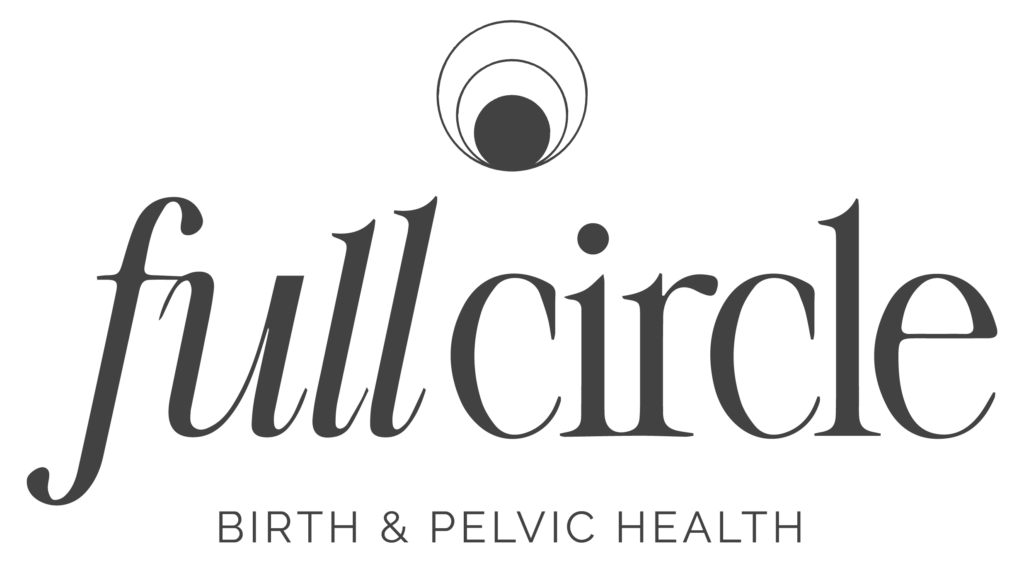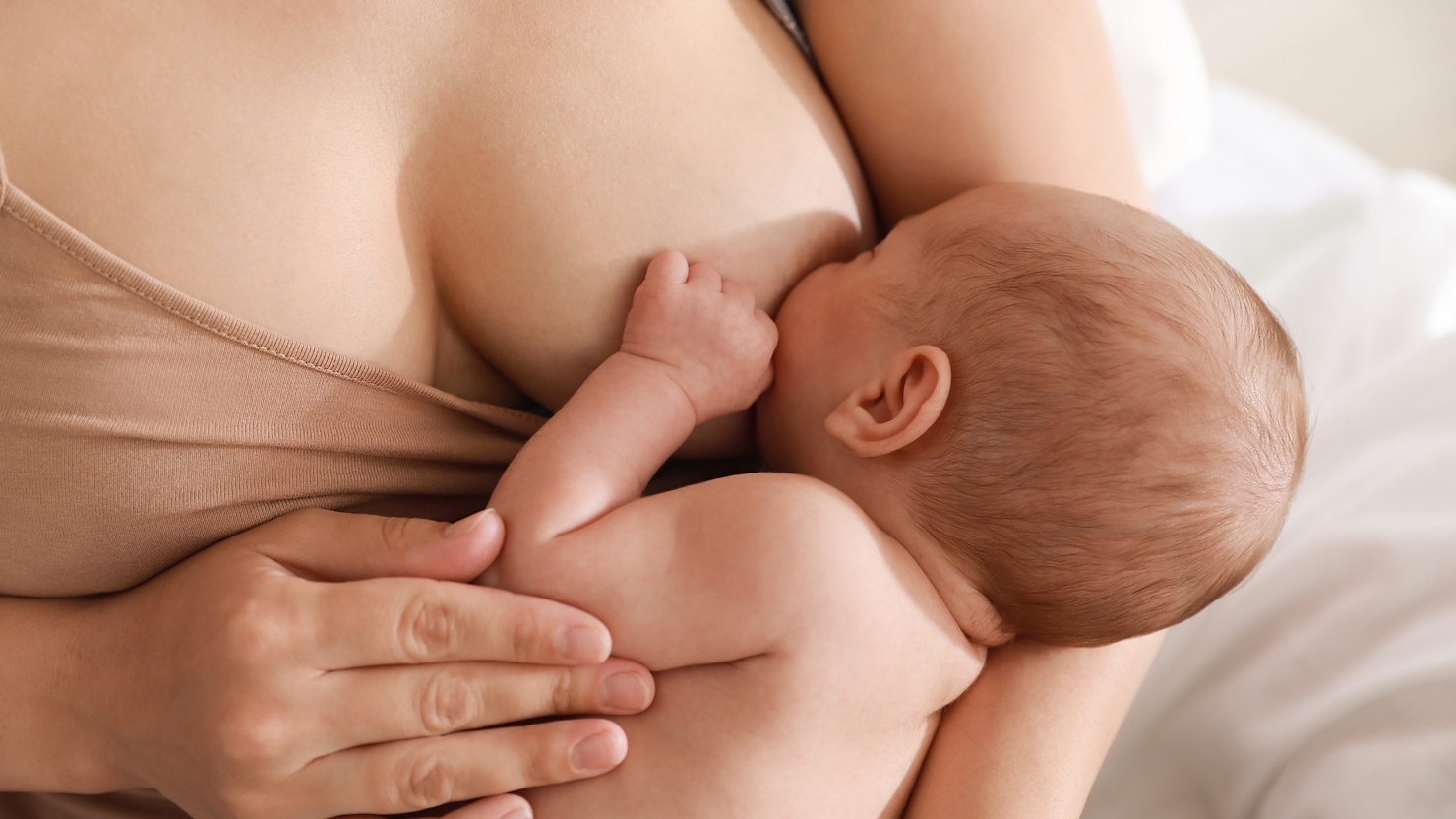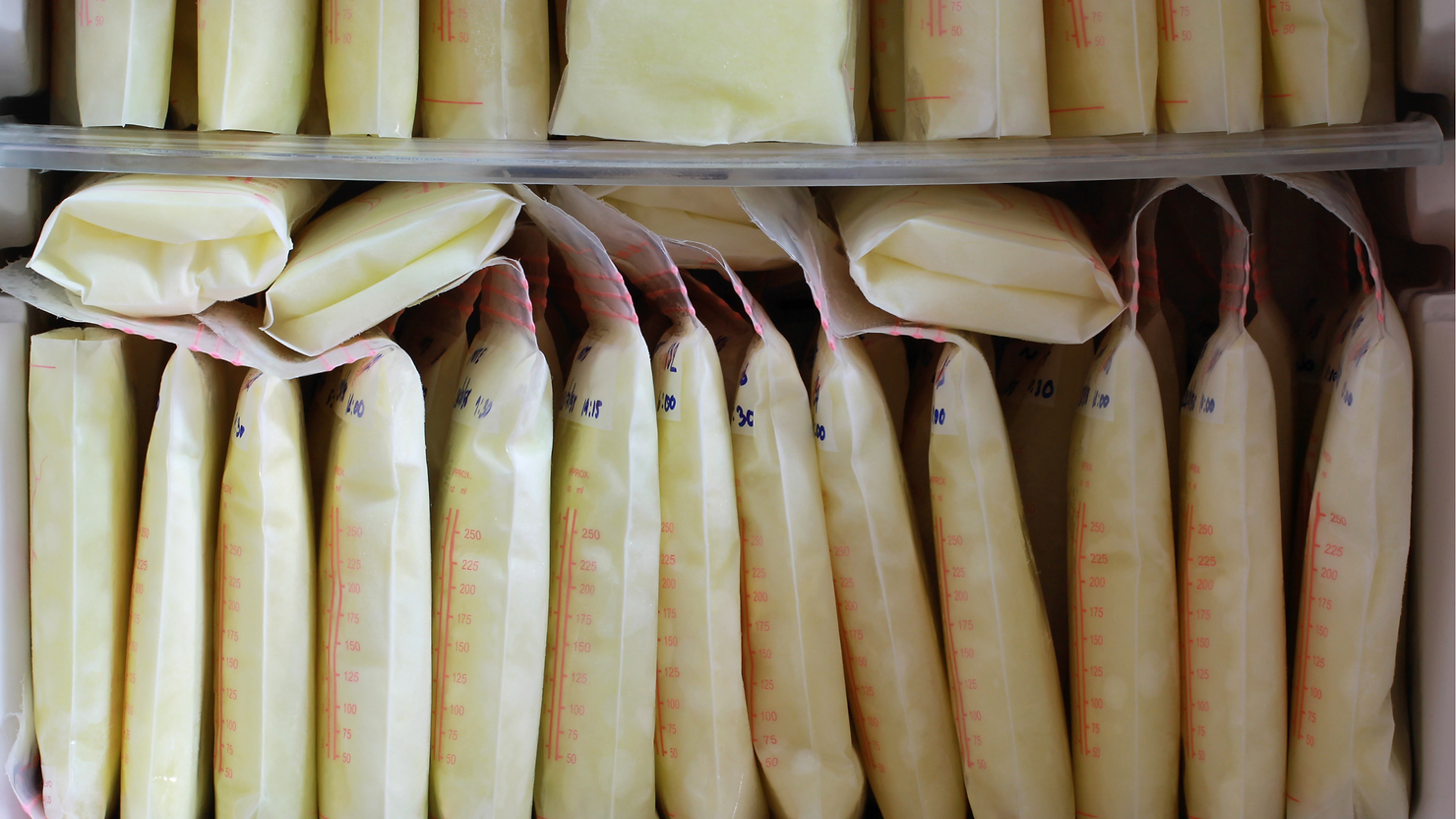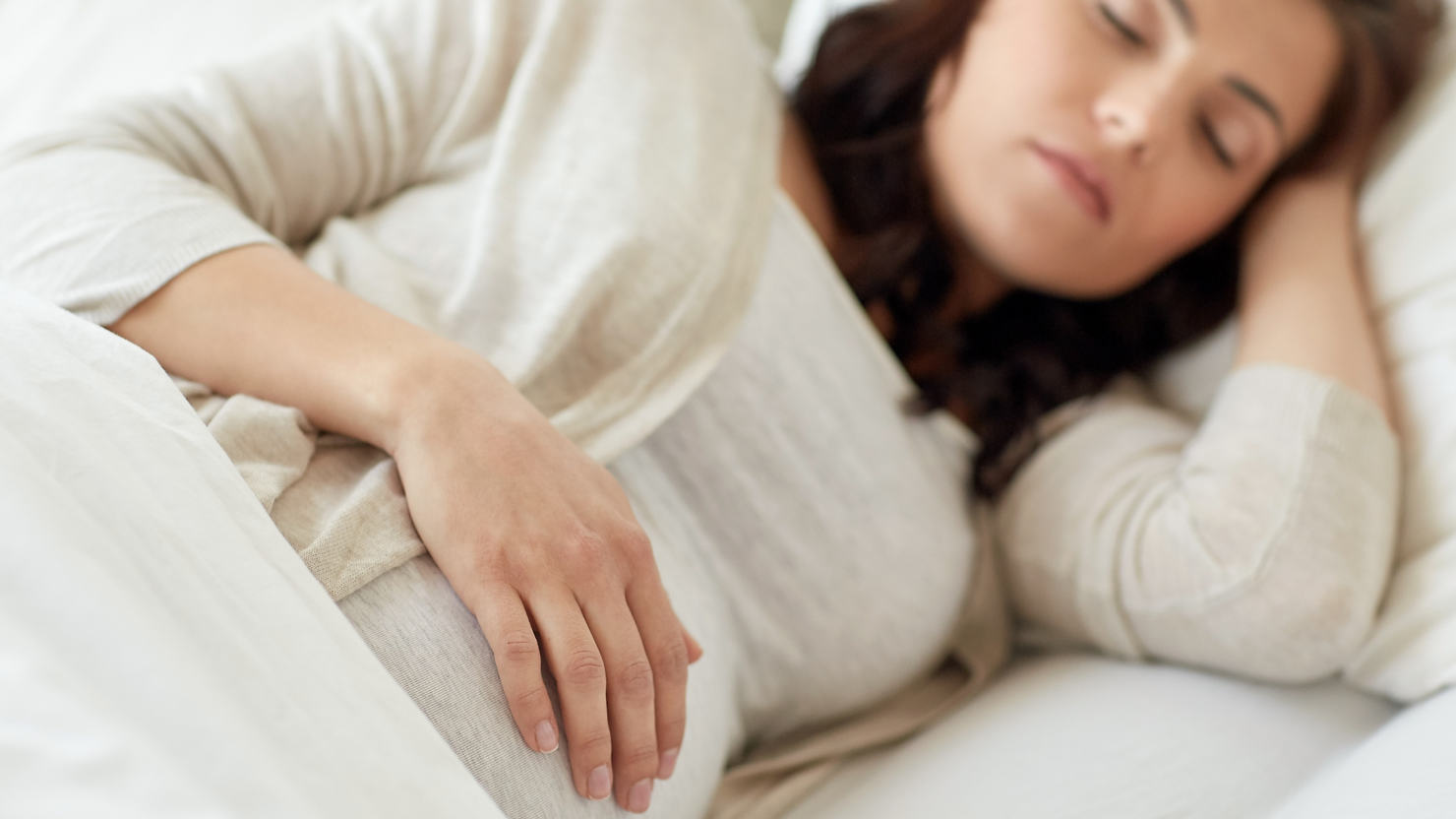Boosting hormone function is vital in overall physical and mental health. Estrogen specifically, tends to be a bit more of a problem child for us women throughout our lifespan.
Women experience a drop in estrogen levels when they are approaching menopause and after having a baby. Estrogen is a hormone associated with the proper functioning of the female reproductive system. All of our vaginal tissues are estrogen dominant. So, a drop in estrogen levels is a big deal down there. Our tissues become thin and frail and not well lubricated – Boo 👎. Associated symptoms of low estrogen include, painful intercourse due to vaginal dryness and decreased tissue integrity, an increase in urinary tract infections due to a thinning of the urethra, burning with urination due to the formation of a caruncle (red outgrowth at the urethral opening common in perimenopausal women), irregular or absent periods, mood swings, hot flashes, breast tenderness, headaches or accentuation of pre-existing migraines, depression, trouble concentrating, weight gain, and fatigue. Sheesh! Talk about a laundry list. So, what can we do to help with these natural hormone fluctuations in our lives?? Glad you asked.
Topical estrogen is often prescribed for post-menopausal women to help combat some of these symptoms. This is a hormone cream that you insert with an applicator and apply to your vaginal tissues a few times a week to help improve tissue integrity. While that may be the right decision for some, not everyone is keen on using medications. It is nice to know that there are other, more natural options out there.
For more conservative management, I highly recommend seeing a therapist trained in visceral manipulation (Me 👋). Balancing organ motility and working on restrictions to organ-specific fascial tissues, specifically around the liver and endocrine glands is a very effective treatment option. The liver has over 500 roles and functions in our bodies, including thermoregulation and hormone regulation. The endocrine system is a collection of glands that secrete hormones directly into our circulatory system. Through gentle manual therapy, I can assess and treat these areas to help your body to achieve more homeostasis.
For another more holistic option, try including the following hormone-friendly foods in your diet. These foods have been shown to help women lower the risk of developing hormone imbalances:
Vegetables – yams, carrots, alfalfa sprouts, kale, celery, lentils, peas, pinto beans, and olives
Fruits – apricots, oranges, strawberries, and peaches
Seeds – flax and sesame
Soy Products – tofu, chickpeas, miso soup, soy milk and yogurt


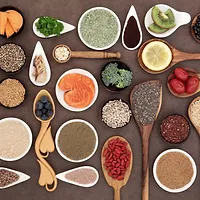
If you have been experiencing ANY of the above symptoms, shoot me an e-mail or a comment on this post. You are not alone. There are treatment options out there. You do not have to suffer in silence.
With love & light,
Full Circle Birth & Pelvic Health
